New generation are now our leaders after fire of the Indigenous voice defeat: Djawa Yunupingu
Yunupingu’s brother Djawa is leading the charge to rebuild and renew the Indigenous movement after the failure of the voice.
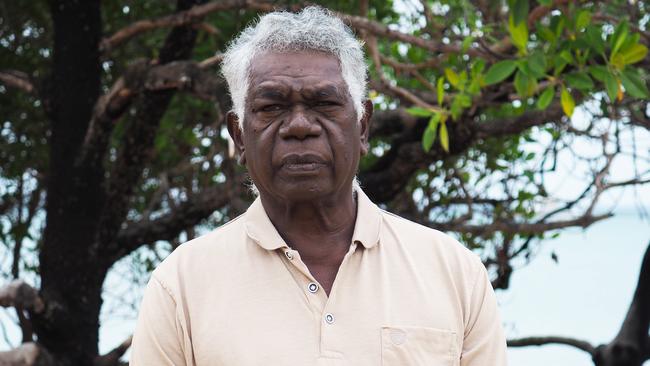
Djawa Yunupingu is putting the voice behind him and looking to the future of Indigenous Australia.
After months of reflection and pain over the failure of the referendum to recognise Aboriginal and Torres Strait Islander people in the Constitution with a voice, the rebuilding will begin, as it always would, at the annual Garma Festival on the northeast Arnhem lands of the Yolngu people.
The festival has grown from a family barbecue to the premier annual forum for Indigenous policy and cultural issues.
For two decades, prime ministers came to Garma to talk to the iconic land rights leader known to his death only by his second name Yunupingu.
Now Yunupingu’s younger brother Djawa – one of the most important Aboriginal cultural figures in the country – is at the helm of the Yothu Yindi Foundation Yunupingu chaired until his death in April last year.
Djawa Yunupingu sees the festival as a forum for resetting and renewal, and finding the new Aboriginal leaders who can lead the Yolngu and all Indigenous peoples to a brighter future.
“Many Australians are still hurting after the vote, which followed years of hard work by Aboriginal and Torres Strait Islander leaders,” he told The Australian.
“We have felt the fire of Australians who didn’t approve of our proposals, who rejected us with their own intensity. That is now in the past and we choose to look to the future. A new generation is rising now to take on the challenges ahead, and these young men and women are now our leaders, looking up for us to find the future we need as a nation.”
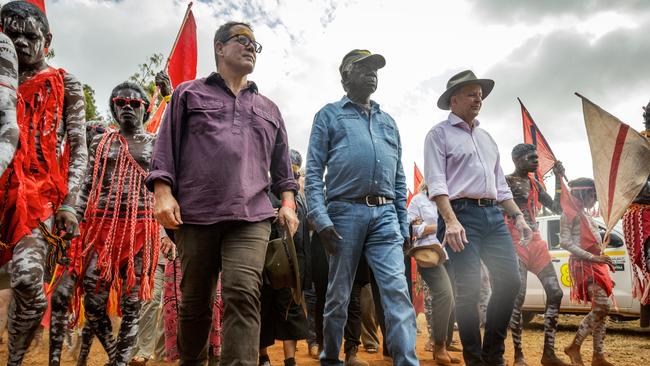
Prominent Indigenous Australians from both sides of the voice debate agree. Former Aboriginal and Torres Strait Islander social justice commissioner June Oscar, who believed a constitutionally enshrined Indigenous advisory body would have improved government decisions, sees Mr Yunupingu’s words as a united way forward.
Indigenous entrepreneur Warren Mundine, who campaigned for the No case, described Mr Yunupingu as a wonderful man whose people were leaders in self determination.
“I am not surprised by his comments,” Mr Mundine said. “I have a lot of respect and love for him.”
Garma seems the natural place for a new conversation in Indigneous policy and culture. It is where big ideas have been born and nurtured. It is the festival where, in 2007, Indigenous researcher and intellectual Marcia Langton arranged for Noel Pearson, then 42, to meet Yunupingu face-to-face for the first time. They forged an alliance to work towards constitutional recognition of Indigenous Australians.
“Indeed, constitutional recognition for Indigenous Australians was his (Yunupingu’s) idea,” Professor Langton said.
“I was with him in Arnhem Land and he said to me, ‘I want to see Noel Pearson’. They’d never met, and he told me to find Noel and get him to come and speak to him. So, in those days, I had to drive around and find a Telstra hotspot. I found Noel. Noel jumped on a plane immediately and they met, and (Yunupingu) put to him constitutional recognition as a matter of highest importance.”
Two months later, then prime minister John Howard announced he wanted to formally recognise Indigenous Australians in the preamble to the Constitution – “their history as the first inhabitants of the country, their unique heritage of culture and languages and their special, though not separate, place within a reconciled, indivisible nation”.
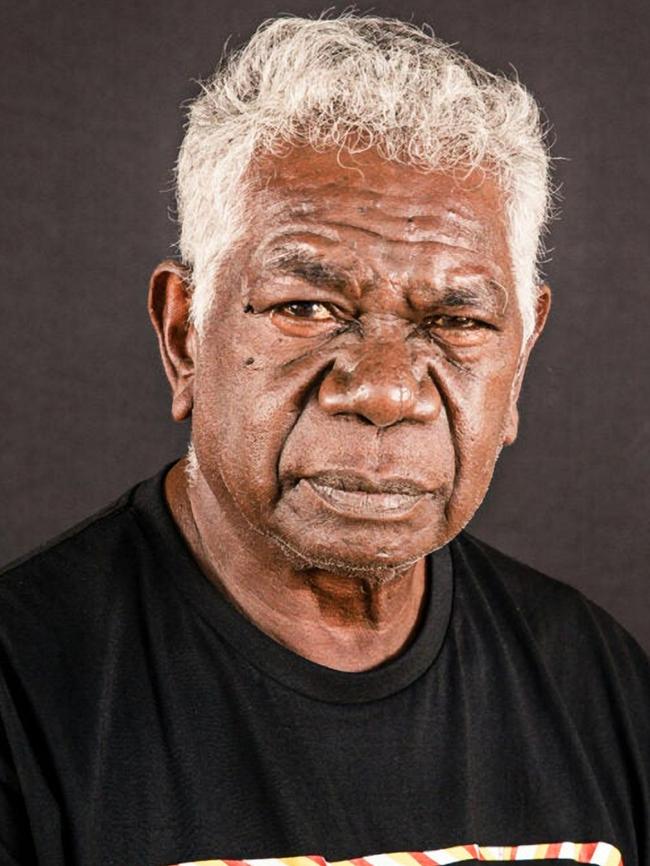
Garma is where, in 2013, Tony Abbott saw for himself how a bureaucratic stalemate was holding the Yolngu back. He agreed to hand over total control of the community of Gunyangara to the Yolngu, who now run every aspect of the township including the building and maintenance of houses.
It was also at Garma that, after his election win in 2022, Anthony Albanese unveiled the framing of his failed referendum question and his proposed amendment to the Constitution that would have recognised Indigenous Australians with an advisory body. The Prime Minister will return to the festival in August, where he will face questions on how his government will take a new Indigenous policy path, and where he may still have to face the anger of devastated Yes supporters.
But Mr Yunupingu is focused on the future and his fire totem that sustains his belief and his will to back the next generation of Indigenous leadership.
“My totem is the tongue of the fire, Gurtha, and Gurtha-Wuma Worrk-gu (Fire. Strength. Renewal.) is deeply connected to the ceremonies of the land. Following fire the land and all that is in it renews and comes back to life – and with it the people. This is the Yolngu circle of life,” he said.
Mr Yunupingu ends his silence six months after the majority of the nation’s Indigenous leadership went quiet alongside him. The emphatic 60-40 result also left a void in Indigenous policy.
Dr Oscar is among established Indigenous leaders who are optimistic about Mr Yunupingu’s message of renewal. She is a senior Bunuba woman from the Kimberley region of Western Australia who has just completed a seven-year term as Aboriginal and Torres Strait Islander social justice commissioner.
Dr Oscar has mentored young Indigenous people in leadership roles in her home town of Fitzroy Crossing, where she worked with other women to successfully restrict alcohol sales. They did this while proving alarming rates of fetal alcohol spectrum disorder in their communities.
“Mr Yunupingu’s words resonate with me and I believe they are a powerful comment for how we should all think about moving forward together,” Dr Oscar said.
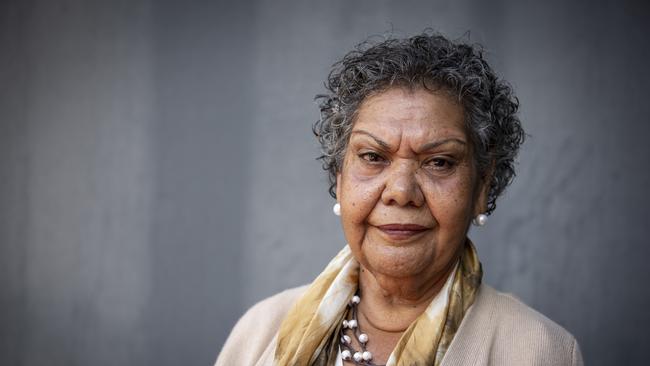
While the next generation will push forward, there will be plenty of attention on Mr Albanese’s actions in the lead-up to the May budget and his return to Garma.
Opposition Leader Peter Dutton is uncertain if he will be at the 23rd festival, at Gulkula, in the Arnhem Land dry season from August 2-7. Senator Jacinta Nampijinpa Price was a guest at Yunupingu’s memorial service last year and has attended previous Garmas, but her schedule is unlikely to be finalised until much closer to the festival.


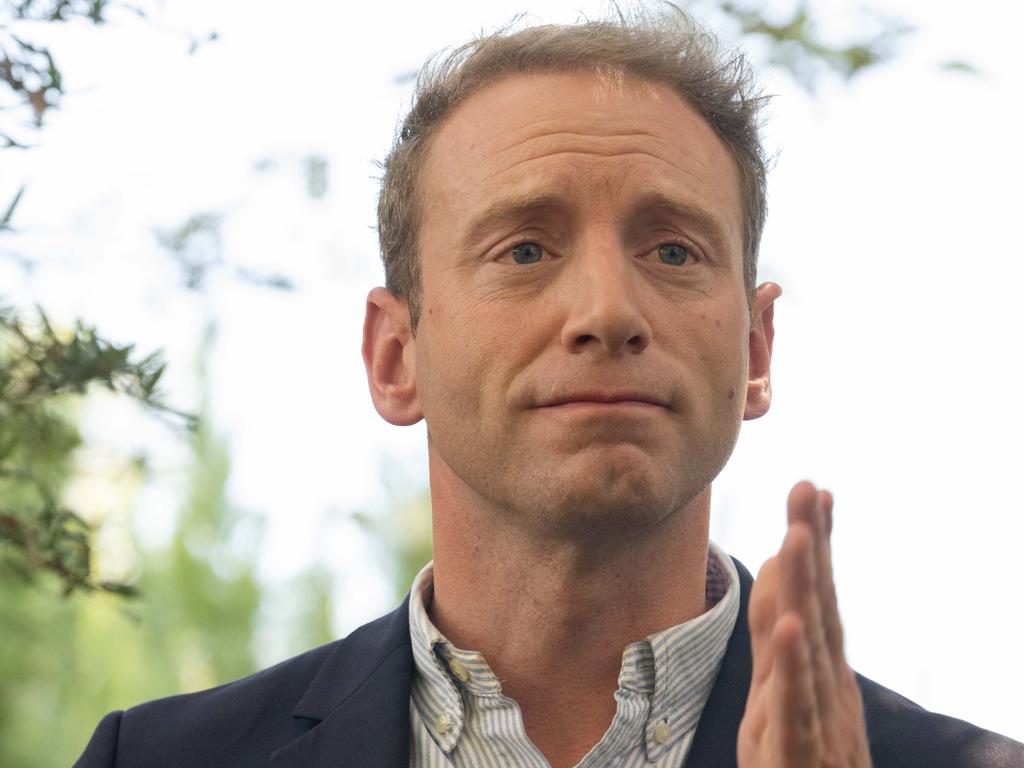
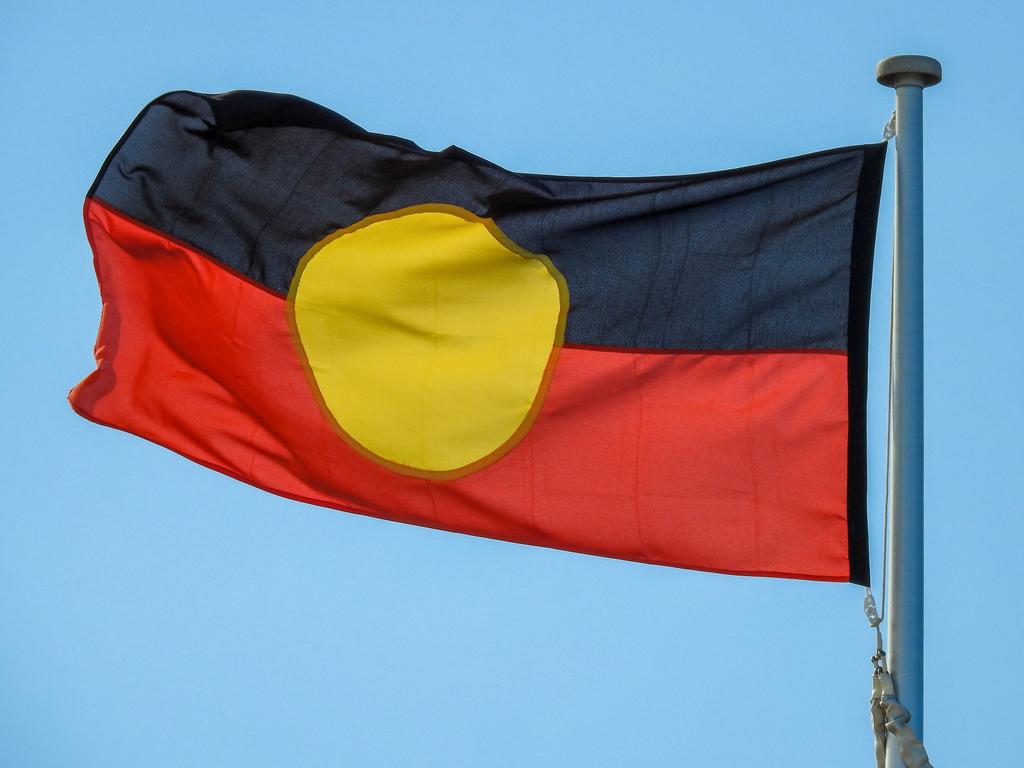


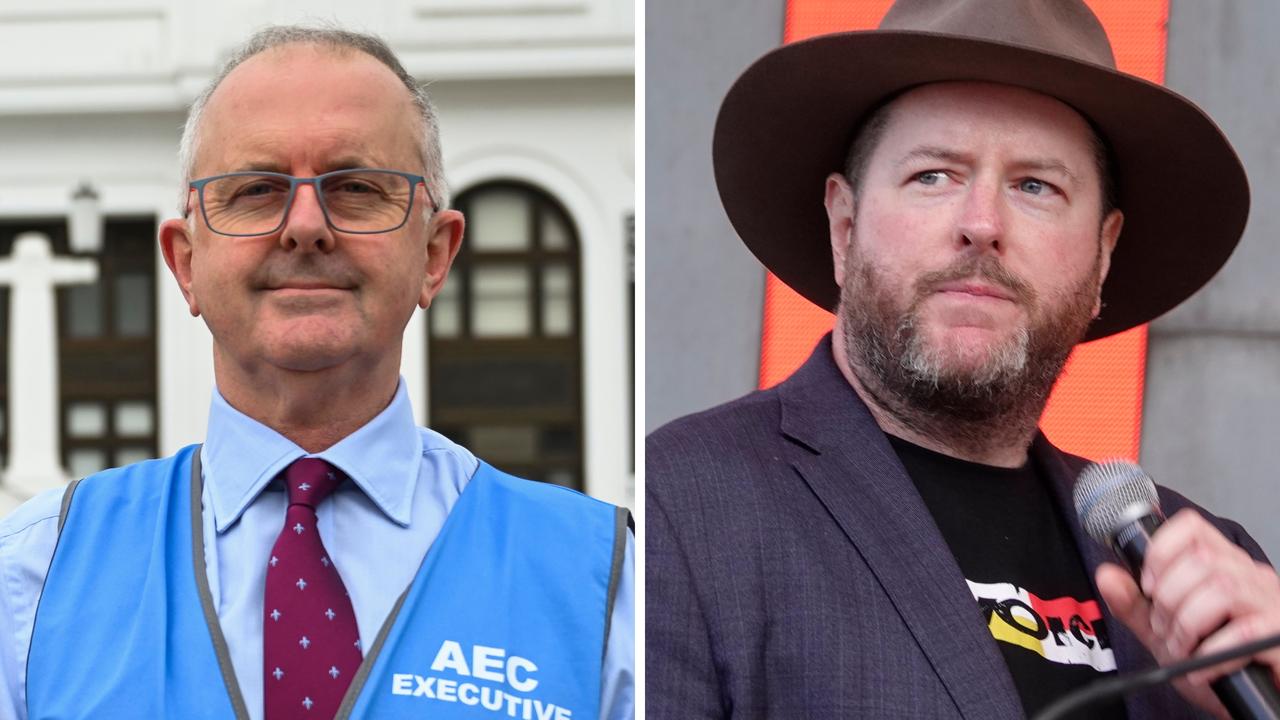
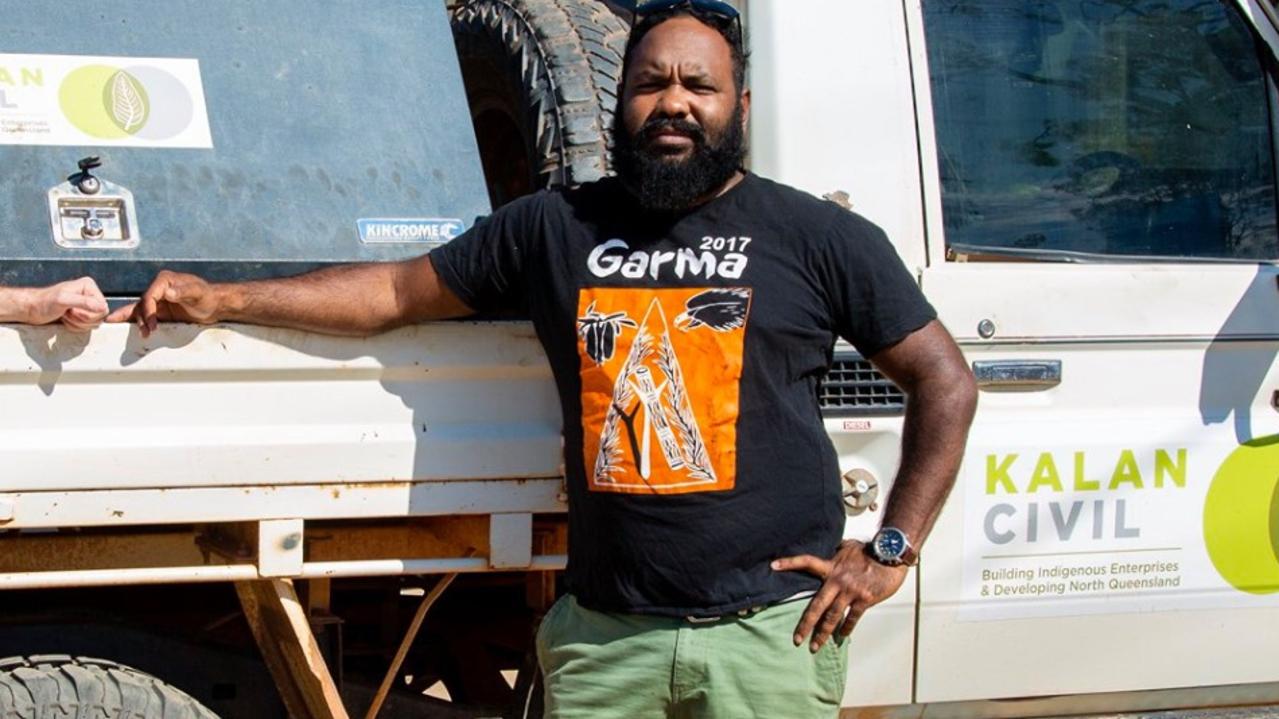
To join the conversation, please log in. Don't have an account? Register
Join the conversation, you are commenting as Logout